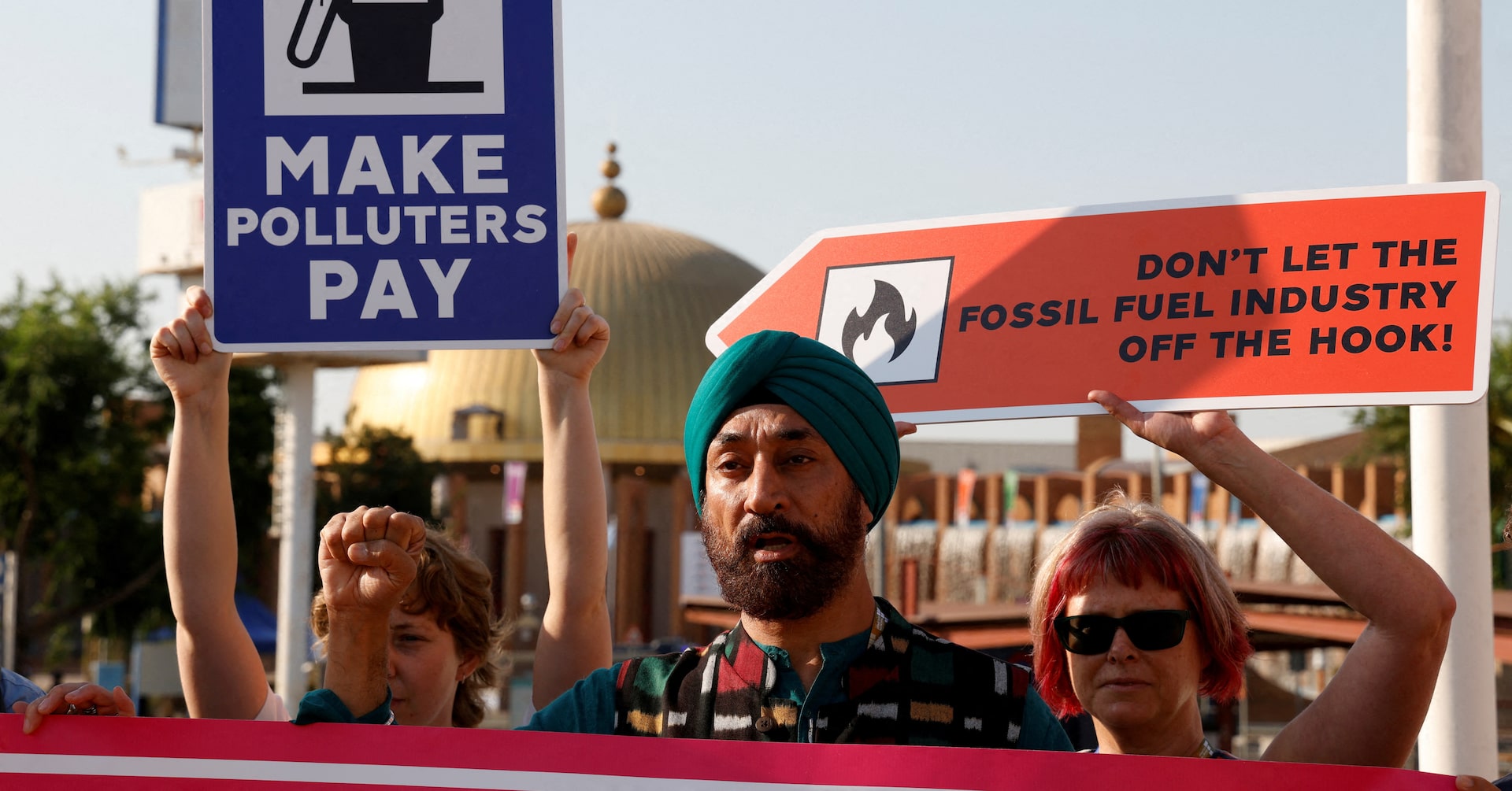Climate Cash Surge: Development Banks Smash $137 Billion Funding Barrier in Landmark Year

In a landmark achievement for global climate action, multilateral development banks have set a new record by channeling an impressive $137 billion into climate finance in 2024, marking a significant 10% increase from the previous year. The groundbreaking report, released on Tuesday, not only highlights the banks' direct financial commitment but also reveals their success in catalyzing private sector investment in climate-related projects.
The surge in funding represents a critical milestone in the global fight against climate change, demonstrating the financial sector's growing commitment to sustainable development. By strategically leveraging their resources, these development banks have managed to stimulate a remarkable one-third increase in private sector climate investments, signaling a transformative shift in how financial institutions approach environmental challenges.
This unprecedented financial mobilization underscores the increasing recognition that addressing climate change requires substantial, coordinated financial resources and innovative funding strategies. The multilateral development banks are proving to be key architects in building a more sustainable and resilient global economy.








